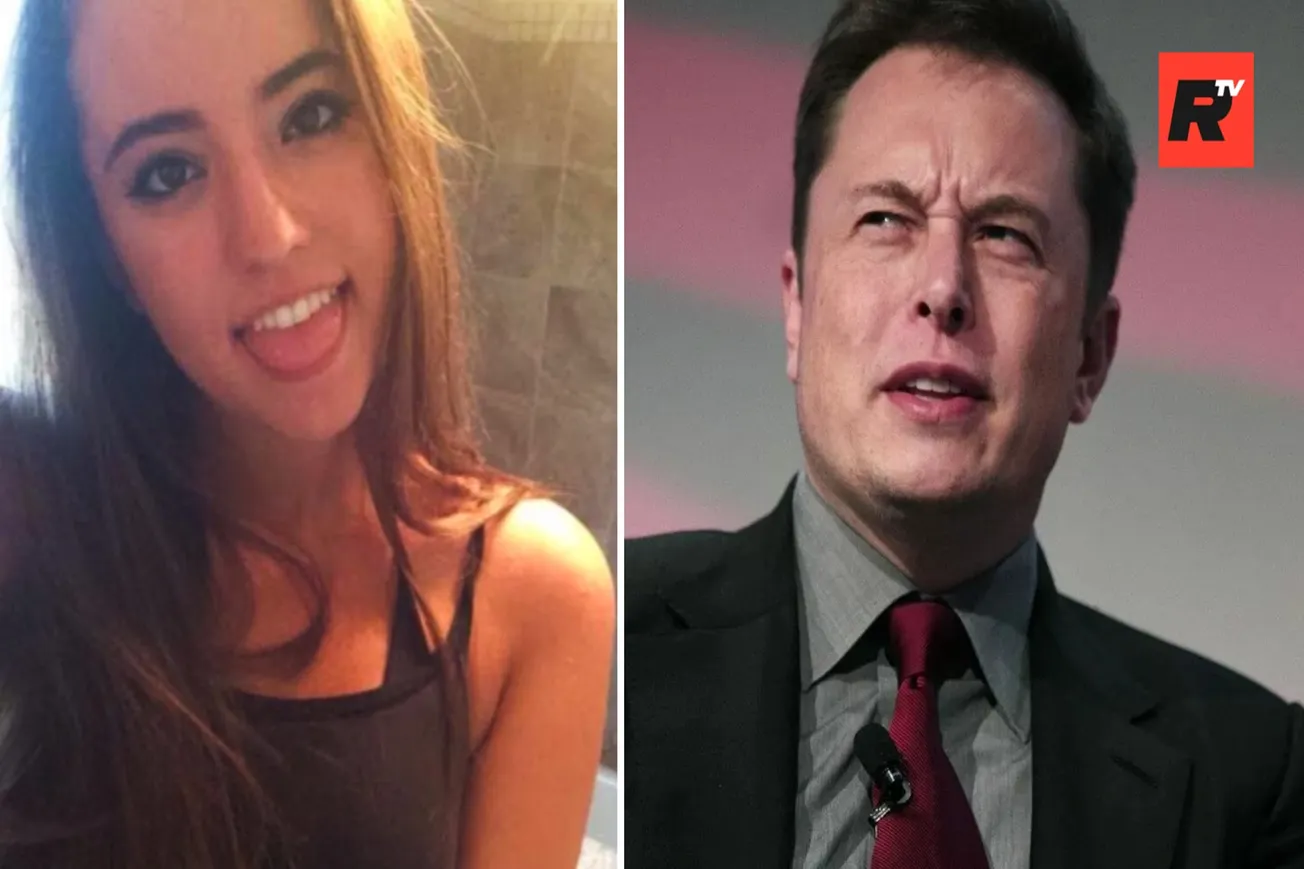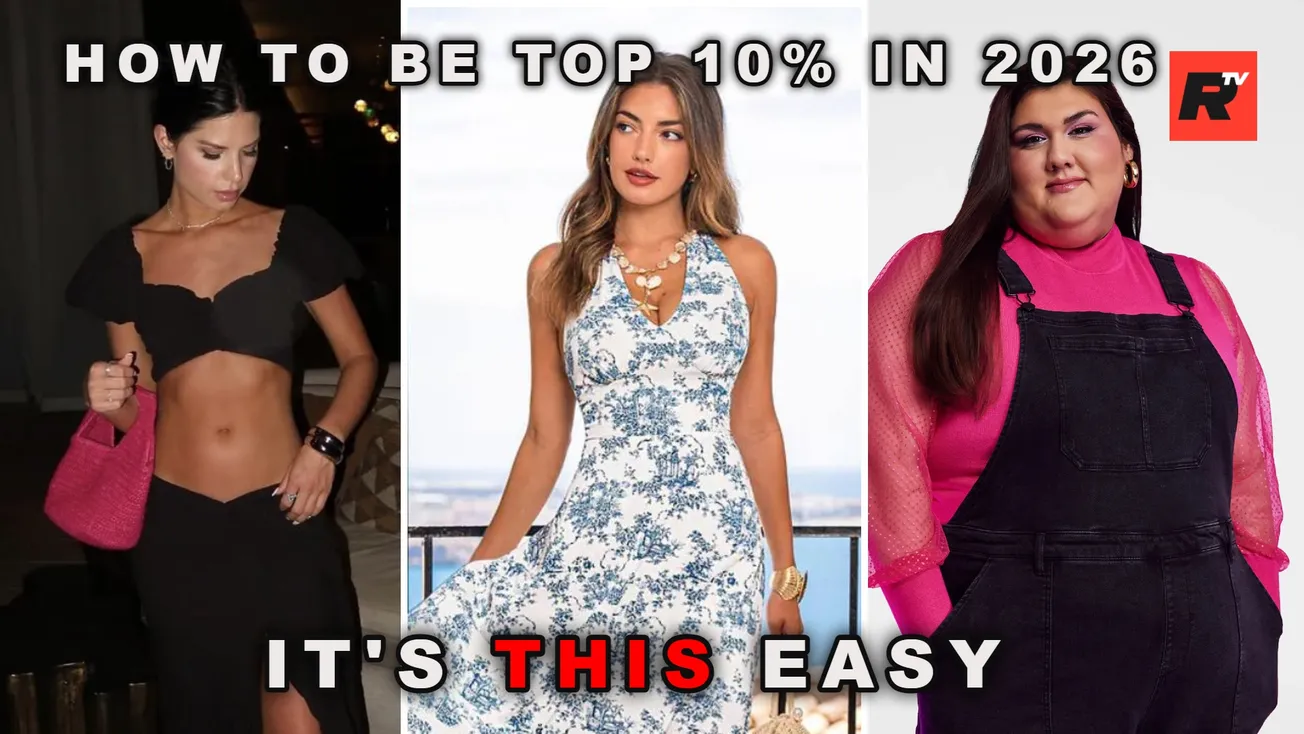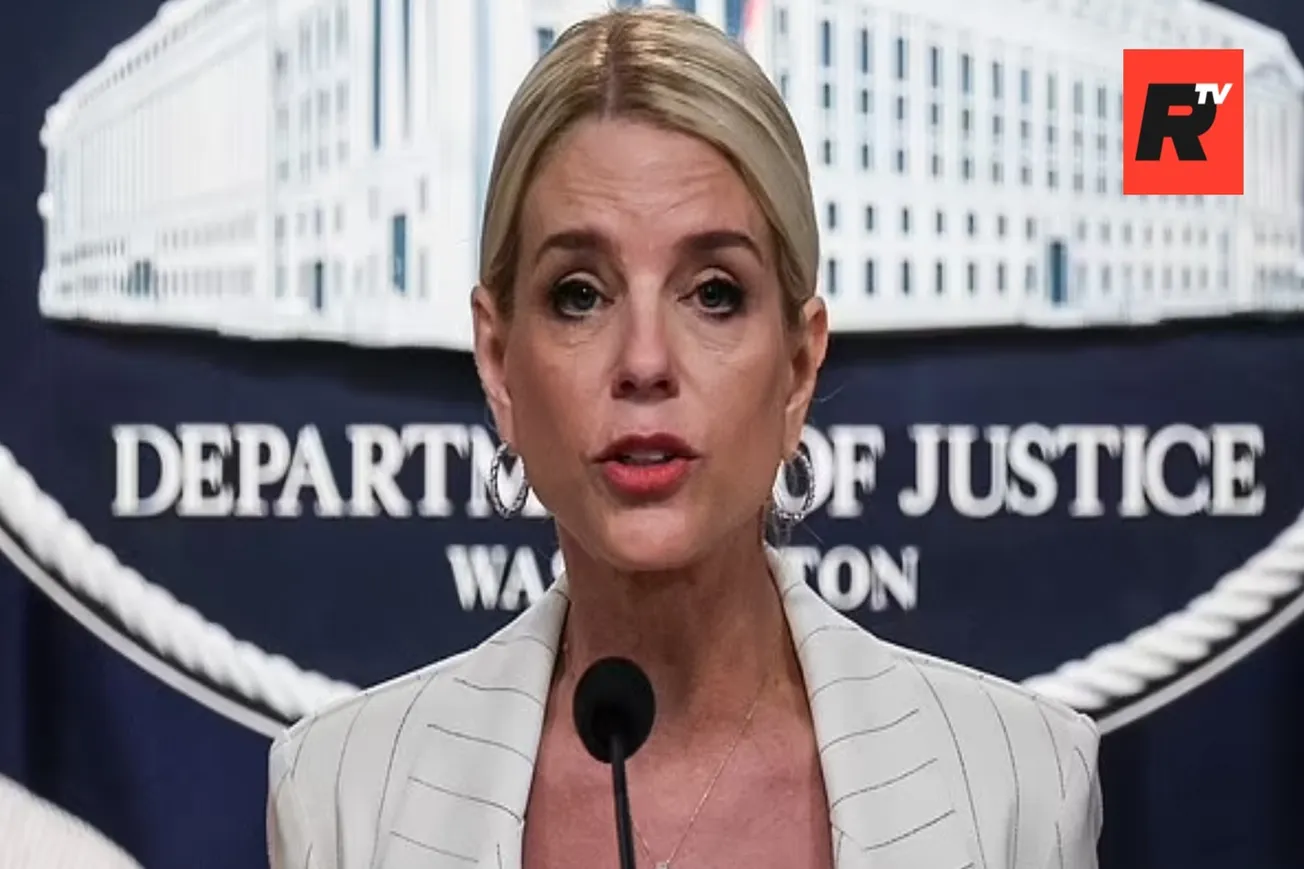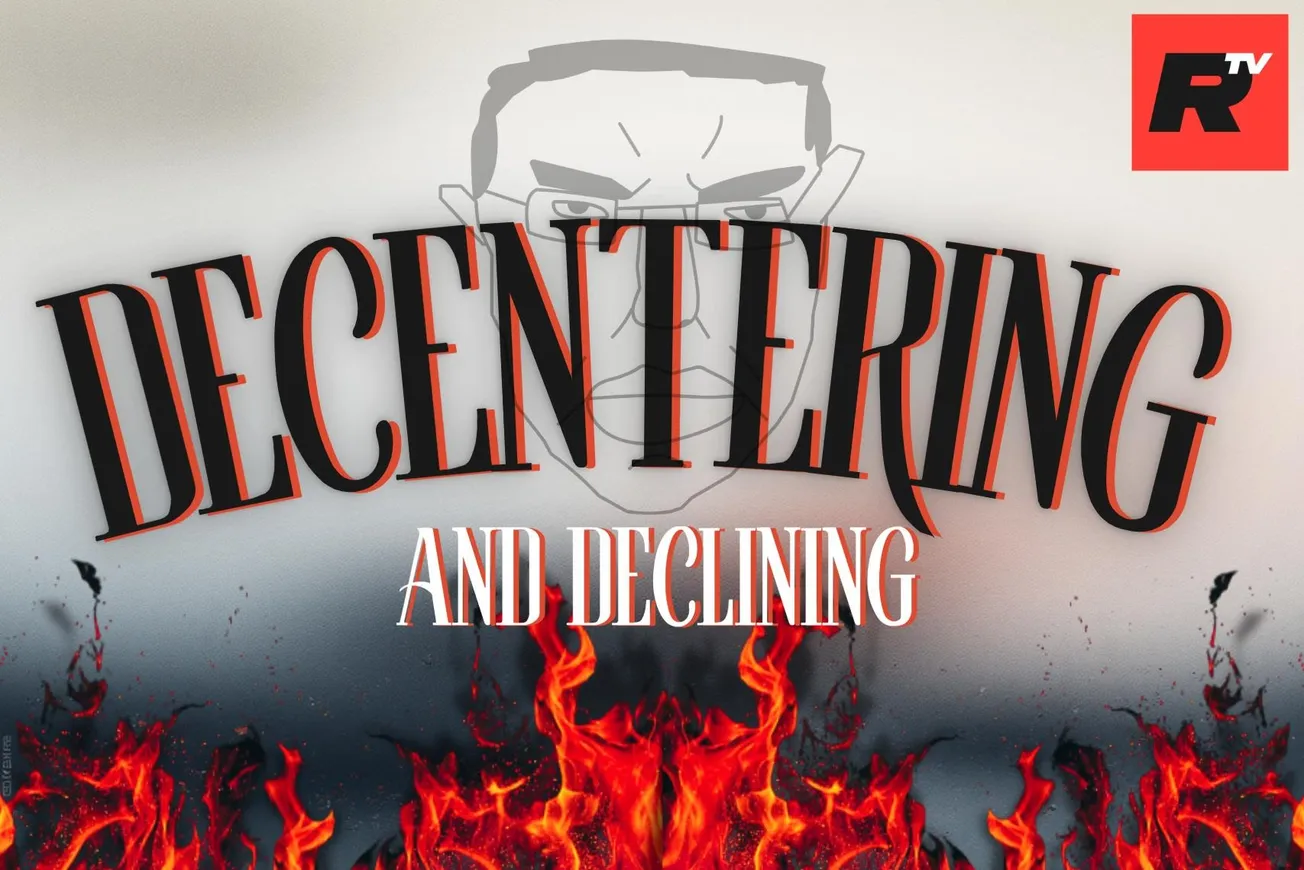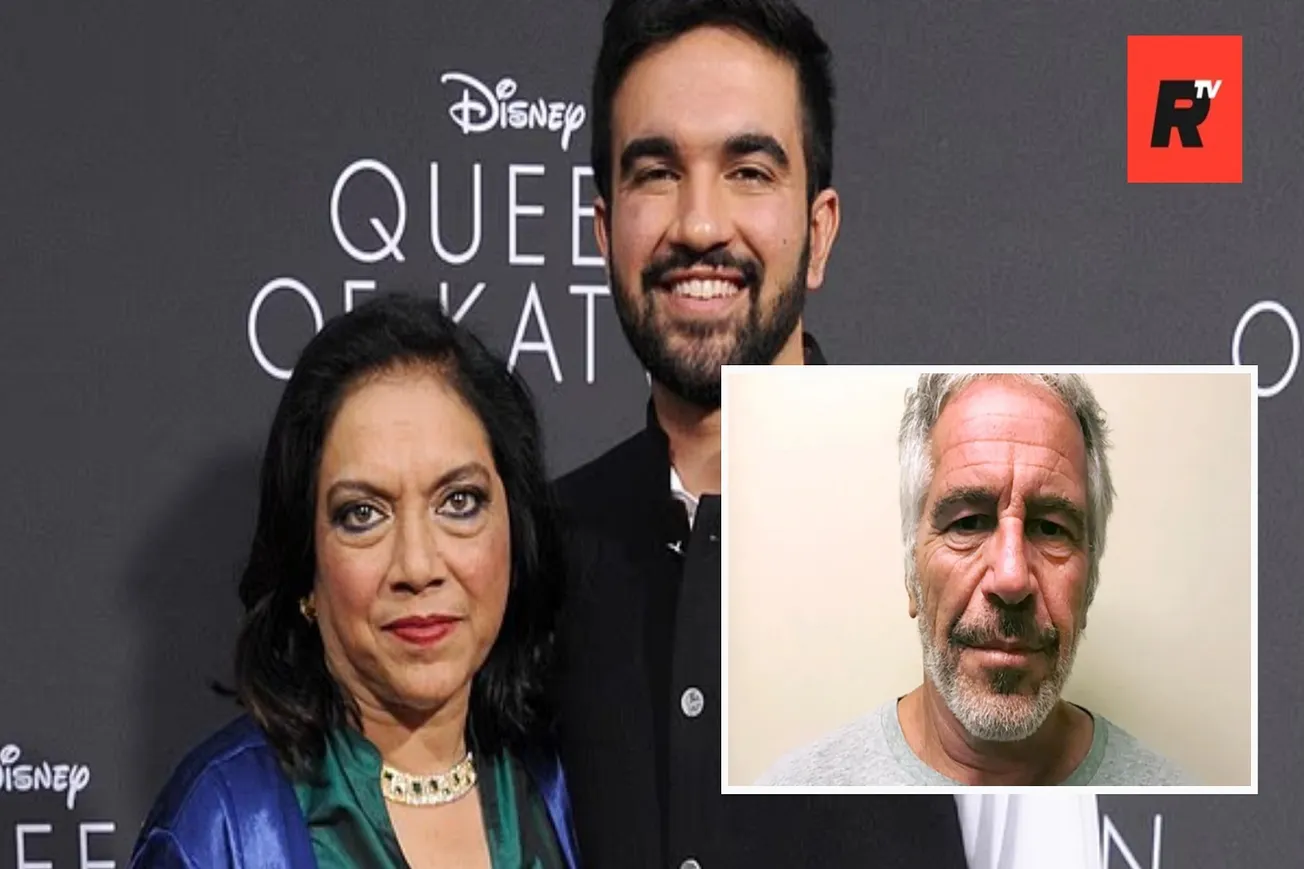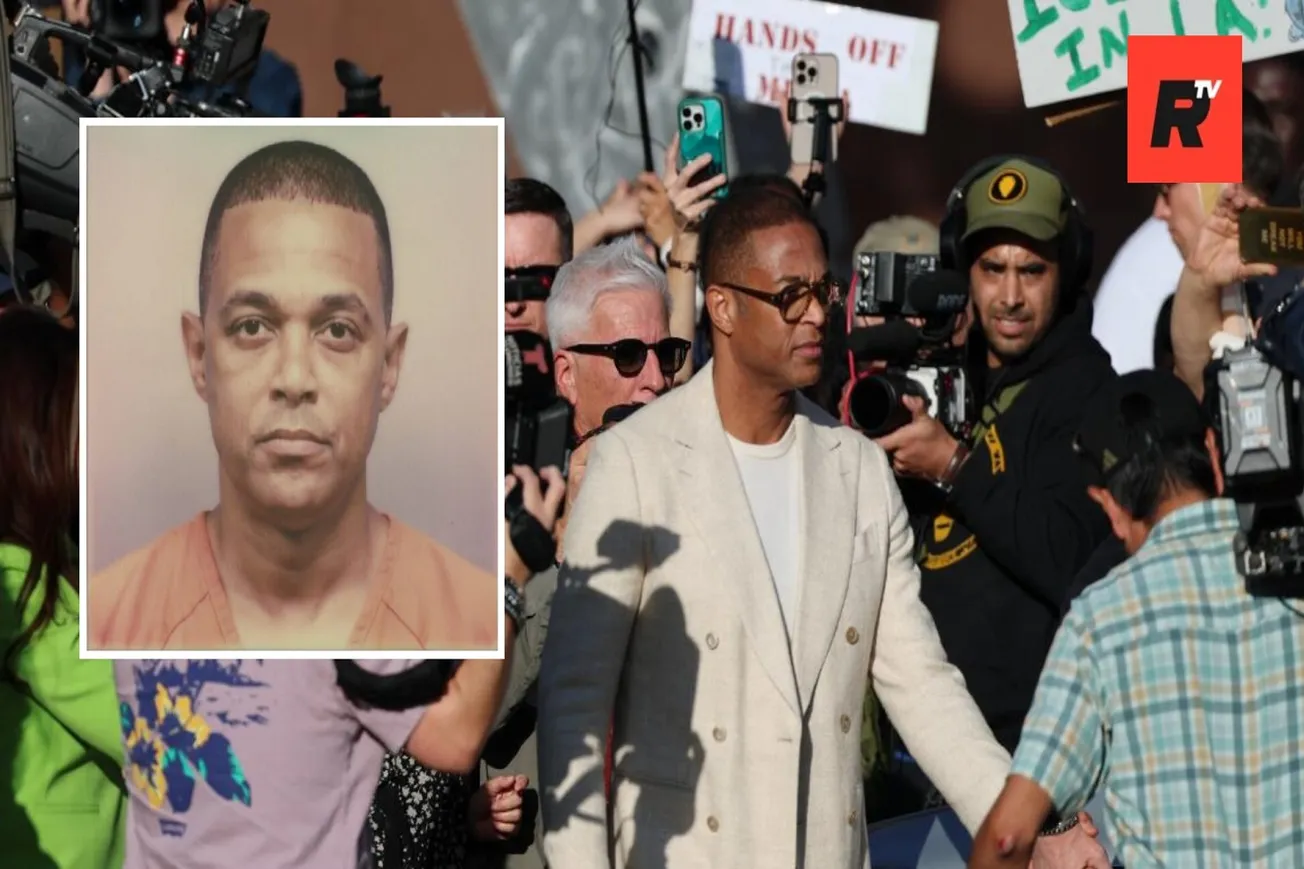Table of Contents
The modern social justice movement has lost its way, tilting at windmills in a misguided quest for equity—equal outcomes—rather than true equality under the law.
We’d all stand shoulder-to-shoulder against clear injustices: a Black man denied a job for his race, a woman paid less for the same work, or a poor defendant railroaded by a biased court. But that’s not what today’s social justice warriors are fighting.
They’re chasing ghosts, claiming that unequal outcomes across groups prove systemic injustice. It’s a leap that doesn’t hold up to scrutiny, and it’s tearing at the fabric of fairness by replacing equality with an unattainable and unfair standard.
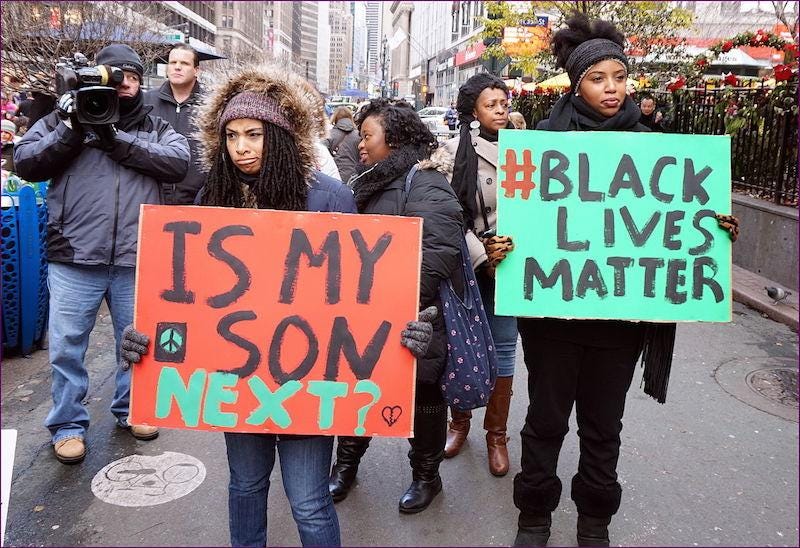
Equality means everyone gets the same rules, the same shot, the same protection under the law.
Equity, as the modern movement defines it, demands equal results, no matter the differences in choices, talents, or circumstances.
“Equality of rights does not mean equality of results,” economist Thomas Sowell said.
“I can have all the equal treatment in the world on a golf course and I will not finish within shouting distance of Tiger Woods.”
Sowell’s point cuts to the core: outcomes vary because people vary. To insist otherwise is to fight a phantom injustice, blaming systems for differences that often stem from individual paths.
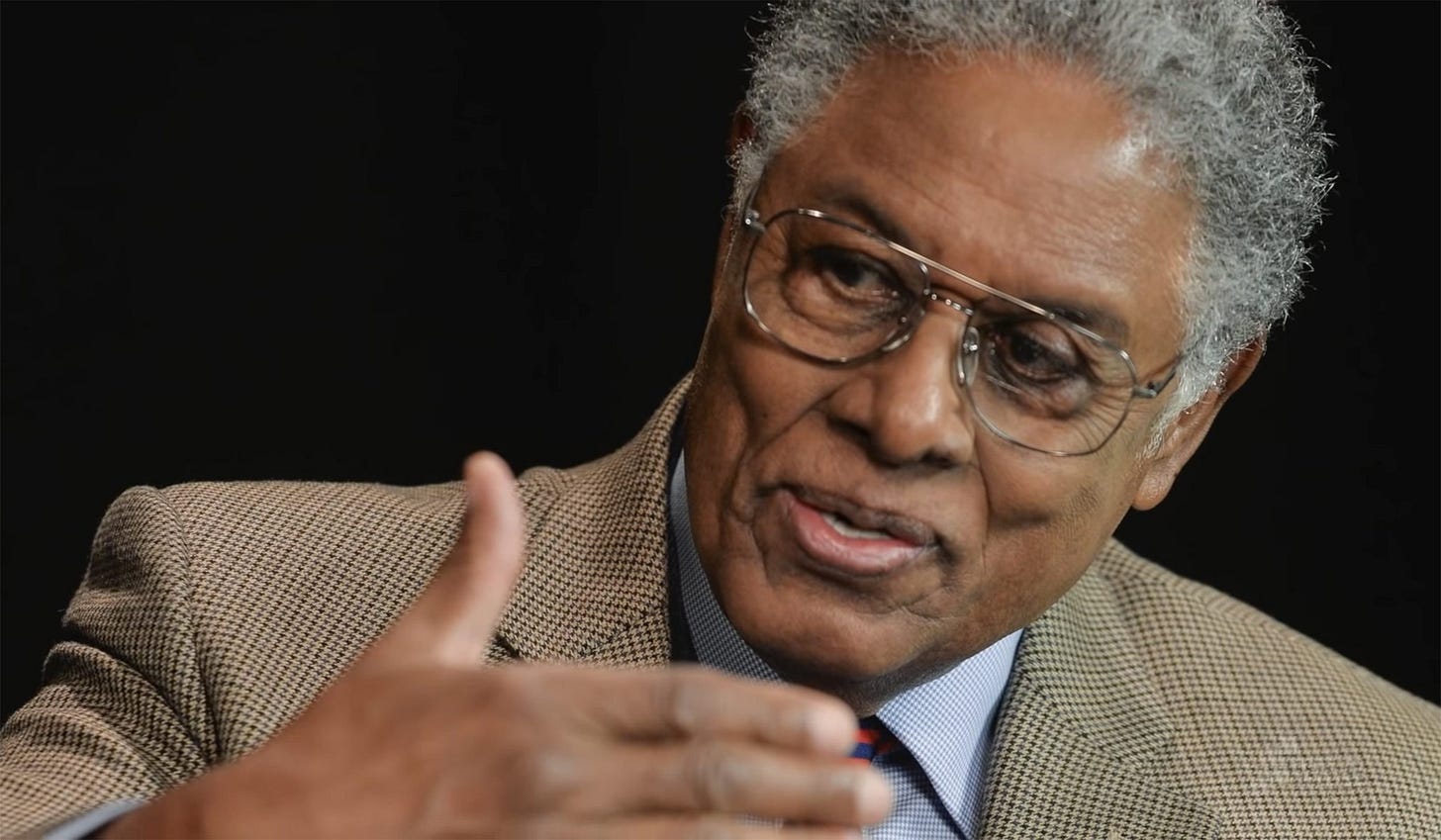
The social justice movement’s obsession with equity assumes disparities always signal foul play. Take income gaps. A 2019 study found wealth, not ability, is the biggest predictor of future success, with smart poor students less likely to become wealthy by age 25 than less-talented rich ones.
But does this prove injustice? Not necessarily. Education professor Anthony Carnevale, co-author of the study, said, “Young people who are minorities, or from the working class, or low income who are talented when they are young—they don’t make it to the finish line.”
He points to opportunity gaps, not systemic racism or malice. Factors like family structure, education access, or personal choices shape outcomes far more than vague “systemic” forces.
Yet equity advocates treat any gap as evidence of oppression, ignoring the complexity of human life.
"Egalitarians never seem to understand that promoting economic equality in theory means promoting resentments and polarization in practice, making everyone worse off."
— Thomas Sowell Quotes (@ThomasSowell) May 30, 2025
— Thomas Sowell
This equity fixation undermines true justice, especially under the law. The Founding Fathers saw equal treatment as sacred.
“Justice is indiscriminately due to all, without regard to numbers, wealth, or rank,” John Jay, the first Chief Justice, declared.
The 14th Amendment’s Equal Protection Clause codifies this, demanding laws treat everyone the same, regardless of identity. But equity flips this on its head, pushing for differential treatment to force equal outcomes.
“The difference between equity and equality is that equality is everyone get the same thing and equity is everyone get the things they deserve,” said civil rights activist DeRay Mckesson.
The problem? Who decides what each person “deserves”? It’s a recipe for subjective overreach, not justice.
The push for equity often breeds resentment, not fairness. “Egalitarians never seem to understand that promoting economic equality in theory means promoting resentments and polarization in practice, making everyone worse off,” Sowell warned.
Quotas, affirmative action, or wealth redistribution—hallmarks of equity—can pit groups against each other, as seen in backlash to diversity initiatives.
A Canadian study on diversity quotas found they can cause tokenism and resentment, undermining merit.
God’s law, as many understand it, emphasizes equal dignity, not equal outcomes.
“Before God, we are all equally wise, and equally foolish,” Albert Einstein said. The Bible speaks of impartiality: “Do equal right to the poor and to the rich,” the Judicial Oath echoes.
Chasing equity risks replacing this divine standard with human judgment, assuming planners can engineer identical results across diverse lives. It’s illogical, as Sowell noted:
“The most that we can hope for is equality of opportunity. But when different individuals and groups do not even want the same things, how can they be expected to achieve the same things?”
True justice fights real wrongs—discrimination, corruption, unequal treatment—not the ghost of unequal outcomes.
“Justice will not be served until those who are unaffected are as outraged as those who are,” Benjamin Franklin said. Let’s focus on clear injustices, not imagined ones, and uphold equality under the law, not the mirage of equity.
Please leave your opinions / comments on these stories below, we appreciate your perspective!


